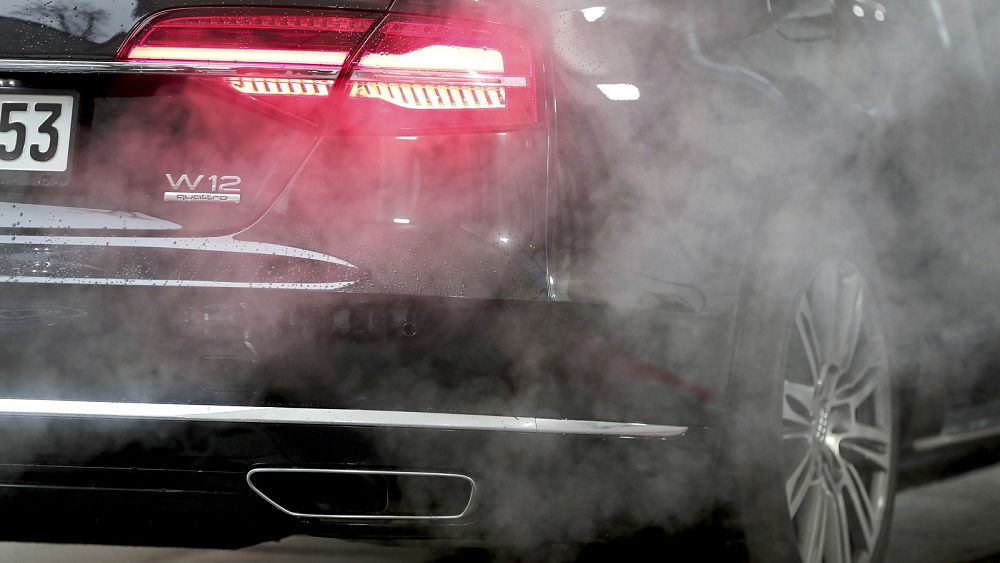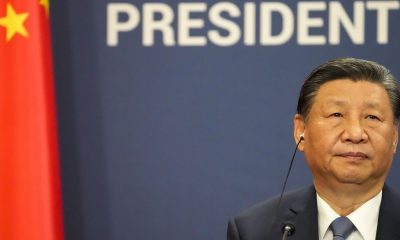General News
EU delays final vote on combustion engine ban, exposing growing dissent among member states

European Union member states decided on Friday morning to postpone a vote to ratify an EU-wide ban on the sale of new combustion engine cars by 2035, reflecting growing discontent over one of the key measures to achieve climate neutrality by mid-century.
The ban was designed as a gradual transition and proposes that all new vehicles sold across the EU market from 2035 onwards should have a 100% reduction in CO2 emissions, a provision that will effectively exclude all cars that run on petrol and diesel.
Brussels chose 2035 as the cut-off date because the average lifespan of vehicles is 15 years and the Green Deal aims to make the entire economy CO2-neutral by 2050.
Friday’s vote by EU ambassadors was supposed to be a mere formality after the bloc’s two co-legislators, the EU Council and the European Parliament, had reached in October a provisional agreement that kept the 2035 deadline intact.
The Parliament rubberstamped the law last month with a tight margin of 340 MEPs in favour and 279 against. The legislation was then passed on to ambassadors for the final green light.
But as Friday’s vote approached, a number of member states intensified their opposition.
Germany, Italy, Poland and Bulgaria are among those who in recent weeks expressed concerns regarding the far-reaching measure, Euronews understands.
Together, the four countries would have been able to mount a so-called “blocking minority,” using either abstention or rejection votes.
Germany, a world leader in the automotive industry, is campaigning to have cars that run on synthetic fuels, also known as e-fuels, excluded from the 2035 ban.
E-fuels are an emerging technology whose carbon footprint and commercial viability have been contested by environmental organisations.
German Transport Minister Volker Wissing, who hails from the liberal, business-friendly FDP party, said earlier this week he had asked the European Commission for a new proposal to introduce the e-fuel exemption but he had not received any positive feedback from the bloc’s executive.
“Against the background of the enormous fleet of cars that we have in Germany alone, there can only be a compromise for the FDP on the fleet limits if the use of e-fuels is also possible,” Wissing said.
It’s unclear how many more countries were also willing to vote down the law.
Last summer, Italy, Portugal, Slovakia, Bulgaria and Romania called for the ban to be delayed from 2035 to 2040, pleading for more time to adapt the existing infrastructure.
Back then, their joint push failed to gain enough traction, but on Friday, the odds shifted.
With the outcome appearing increasingly uncertain, Sweden, which currently chairs the rotating EU Council presidency, decided to postpone the vote.
Ambassadors will “revert to the issue in due time,” a Swedish spokesperson said on Friday morning, without providing any specific date.
Disclaimer: No copyright infringement intended. All rights and credits reserved to respective owner(s).
























